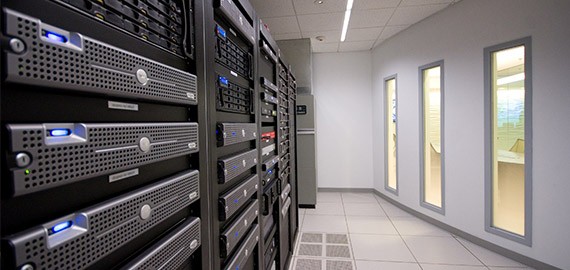
The difference between VPS and Cloud Servers 2
Cloud Servers also known as VM, Virtual Machine, Infrastructure as a Service (IAAS). Cloud servers utilize multiple servers connected together in a cluster which is backed by SAN storage. Customers utilizing a cloud platform will benefit from the multiple servers because they will receive unlimited storage, maximum bandwidth, managed load balancing and no ties to a specific piece of hardware. The basic difference between public and private clouds are in public, the cluster is multi-tenant and a private is a single client.
Pros:
- Scalable – add more server power in a moment’s notice.
- Custom Infrastructure – clients can include custom network architecture, firewalls, load balancing and IP deployment.
- High Availability – if a physical server fails, cloud servers are migrated to another physical server without experiencing an outage.
- Burstable Computing Resources – no concern about lagging RAM or CPU power, even if another cloud customer’s load grows.
- Completely secure since you virtually have your own server. If a client on the shared cloud gets hacked or gets a virus, your cloud server will be completely separated with no risk to your data.
Each customer on the cloud can select their specific operating system. - Unlimited storage as it is based on SAN storage.

